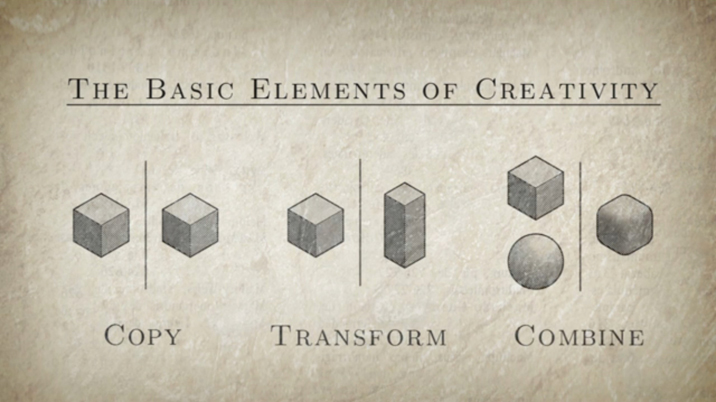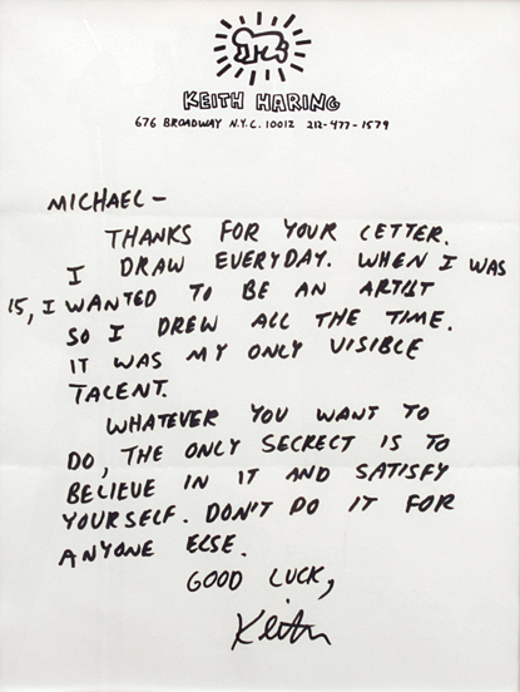Writers love to work in coffee shops, and I am no exception. I can’t imagine how many gallons of coffee I have consumed over the years in order to pay the “rent” for a seat at Starbucks. And yes, for writing I prefer Starbucks, in all its antiseptic corporate blandness, to funkier indie coffee shops. Probably I prefer it because of its antiseptic corporate blandness. I feel less distracted, better able to blend in there. I do have a home office but I am not very productive there and I tend to avoid it. So I spend my days traipsing from coffee shops to libraries, usually the Boston Public Library in Copley Square or the Athenaeum on Beacon Hill. I am most productive in coffee shops, though, a fact I am vaguely embarrassed to admit.
But what is it, exactly, about a bustling cafe that is conducive to writing? Conor Friedersdorf rounds up a few theories. Here is my favorite, which Friedersdorf quotes from an academic paper:
…when we are alone in a public place, we have a fear of “having no purpose.” If we are in a public place and it looks like we have no business there, it may not seem socially appropriate. In coffee-shops it is okay to be there to drink coffee but loitering is definitely not allowed by coffee-shop owners, so coffee-shop patrons deploy different methods to look “busy.” Being disengaged is our big social fear, especially in public spaces, and people try to cover their “being there” with an acceptable visible activity.
That is, we writers are such hopeless procrastinators that we will only get down to work when our natural inability to focus is outweighed by something even more unpleasant: the fear of being exposed as a procrastinator, the potential embarrassment of looking like we “have no purpose” — the fear of being exposed as a fraud. We go to coffee shops to work in public because we want to feel those eyes watching us, shaming us into work. The advent of wi-fi at coffee shops largely short-circuits this strategy by allowing writers to look busy from a distance when in fact all we are doing is surfing the web. Still, it gives us a fighting chance in the war against our own worst instincts.


